9 Neuroscience Books Recommended by Jordan Peterson: Must-Read for Neuroscientists
Explore Jordan Peterson's Handpicked Collection of Neuroscience Must-Reads

Neuroscience is a rapidly evolving field that seeks to unravel the mysteries of the human brain and understand the complexities of cognition, behavior, and emotions. For aspiring neuroscientists and enthusiasts alike, Jordan Peterson recommends a curated list of nine must-read books that delve into various aspects of neuroscience. These books offer profound insights, cutting-edge research, and thought-provoking perspectives that will enrich your understanding of the brain and its functions. Let's explore these remarkable works and embark on a journey of discovery.
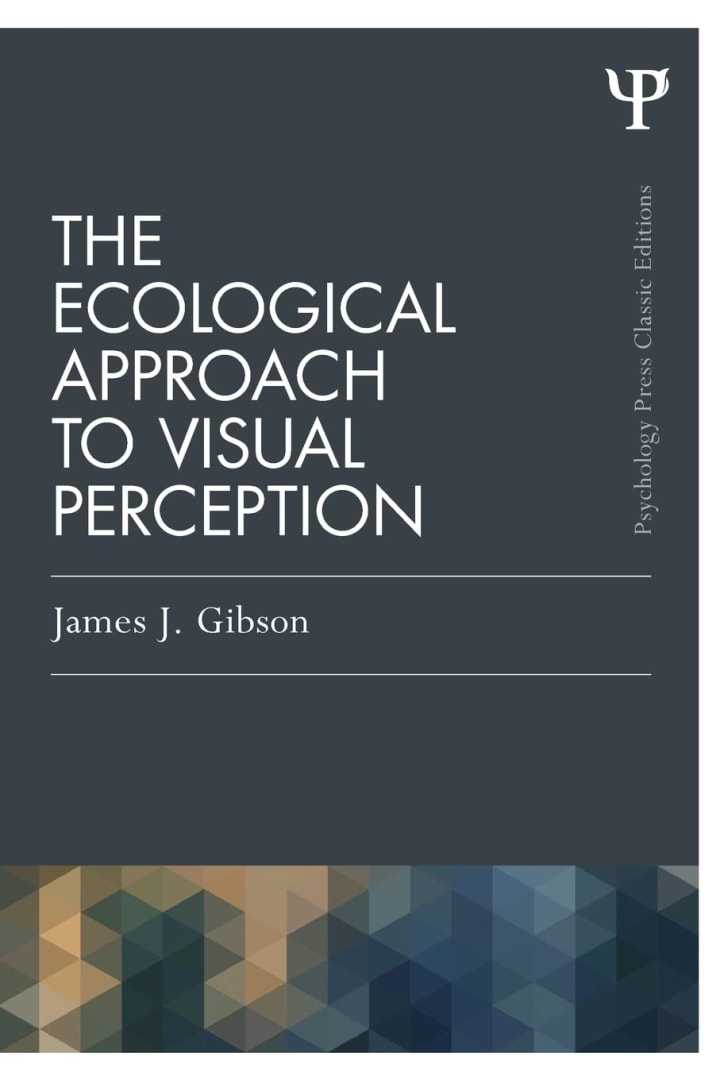
1. An Ecological Approach to Visual Perception by James J. Gibson:
An Ecological Approach to Visual Perception by James J. Gibson revolutionizes our understanding of visual perception. Gibson argues that perception is an active process, influenced by the environment and the relationship between the perceiver and the surroundings. Through rich descriptions and empirical evidence, this book challenges traditional views of vision and provides a fresh perspective on how we perceive and interact with the visual world.
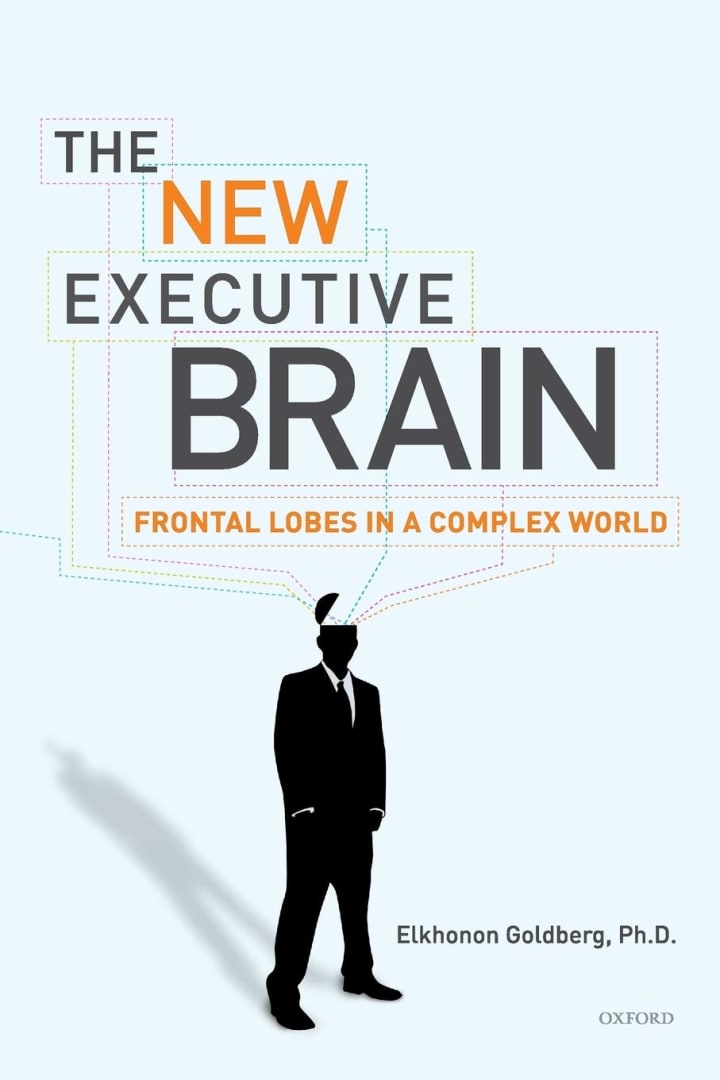
2. The New Executive Brain by Elkhonon Goldberg:
In The New Executive Brain, Elkhonon Goldberg explores the executive functions of the brain and their crucial role in cognitive processes, decision-making, and self-regulation. Goldberg discusses the dynamic interplay between different brain regions and their impact on attention, memory, and problem-solving. This book offers valuable insights into the neural mechanisms underlying our ability to plan, reason, and adapt to new situations.
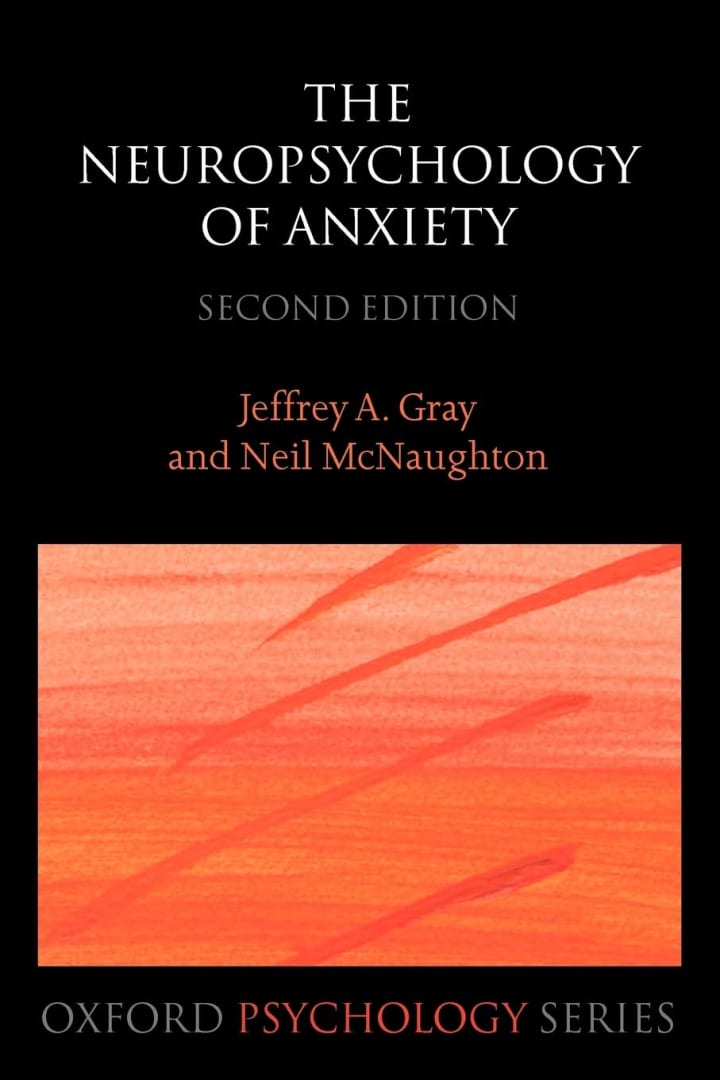
3. The Neuropsychology of Anxiety by Jeffrey Gray and Neil McNaughton:
The Neuropsychology of Anxiety provides a comprehensive exploration of the brain mechanisms underlying anxiety disorders. Gray and McNaughton delve into the neural circuits involved in fear and anxiety responses, shedding light on the intricate relationship between emotions, cognition, and psychopathology. This book is a valuable resource for understanding the neurobiological basis of anxiety and its implications for diagnosis and treatment.
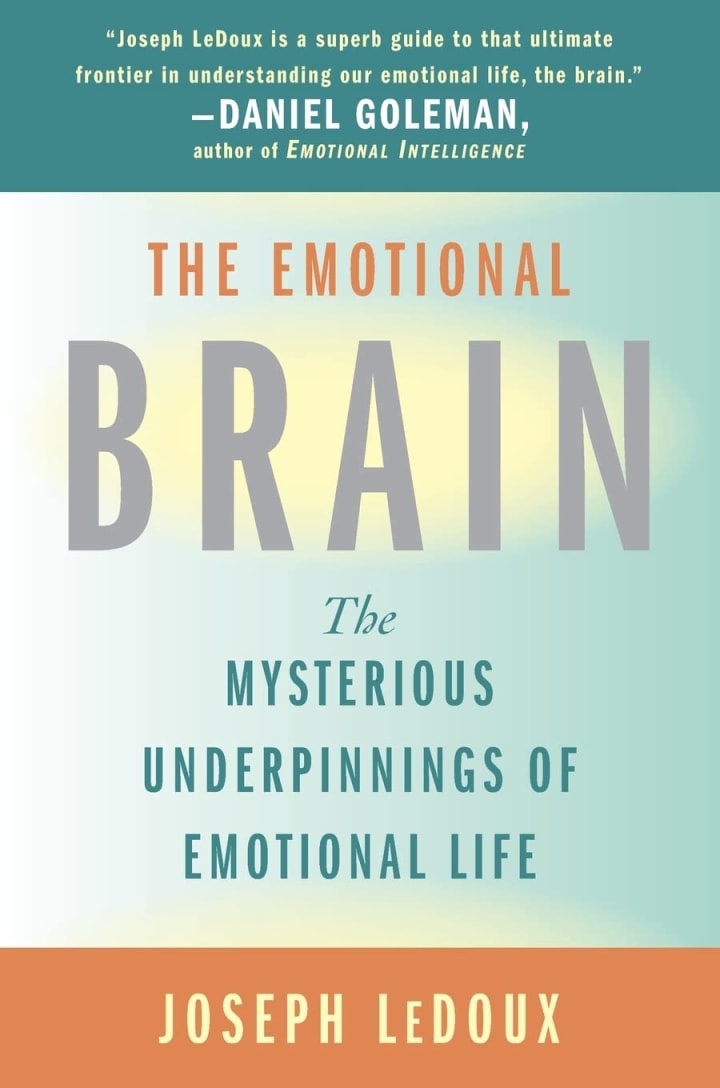
4. The Emotional Brain by Joseph LeDoux:
Joseph LeDoux's The Emotional Brain offers a captivating journey into the neural foundations of emotions. LeDoux explores the amygdala, a key structure involved in emotional processing, and its influence on fear, memory, and emotional learning. This book provides a comprehensive overview of the intricate interplay between the brain and emotions, unraveling the mysteries of how our brain generates and regulates emotional experiences.
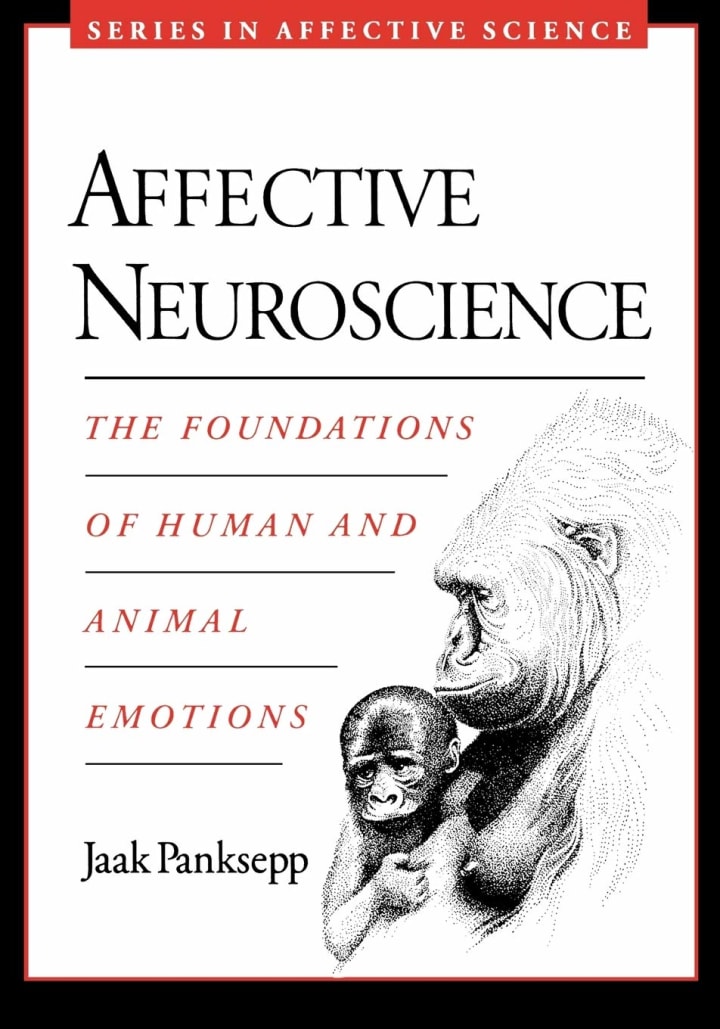
5. Affective Neuroscience by Jaak Panksepp:
Affective Neuroscience delves into the fundamental mechanisms of emotion and explores their neural underpinnings. Jaak Panksepp, a pioneering neuroscientist, presents groundbreaking research on the emotional systems of the brain and their evolutionary significance. Through compelling evidence and captivating anecdotes, Panksepp elucidates the connections between brain function, emotions, and our subjective experience of the world.
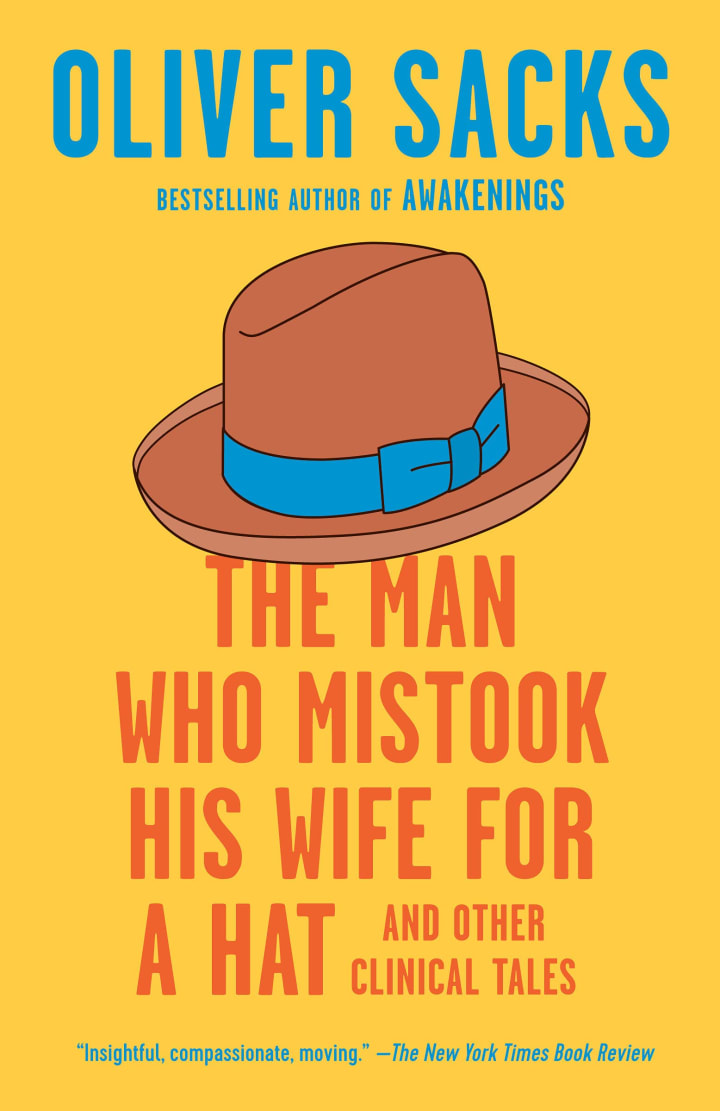
6. The Man Who Mistook His Wife for a Hat by Oliver Sacks:
In The Man Who Mistook His Wife for a Hat, Oliver Sacks takes us on a captivating journey into the realm of neurological disorders and their profound impact on individuals' lives. Through a collection of intriguing case studies, Sacks explores the intricacies of perception, memory, and identity. This book highlights the resilience of the human spirit and challenges our understanding of what it means to be human.
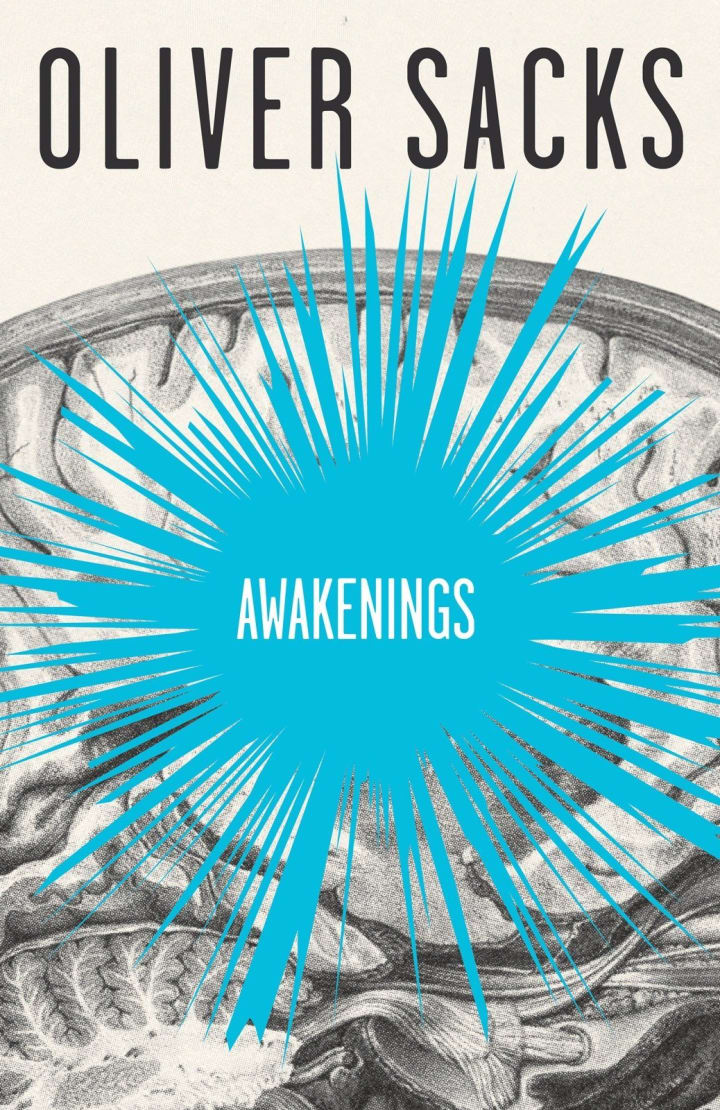
7. Awakenings by Oliver Sacks:
Awakenings recounts the extraordinary true story of a group of patients who, after years of being trapped in a catatonic state, were temporarily awakened through the use of a groundbreaking drug. Oliver Sacks skillfully chronicles their experiences, delving into the complexities of neurology, consciousness, and the human potential for recovery. This poignant and thought-provoking book celebrates the triumph of the human spirit against the constraints of neurological disorders.
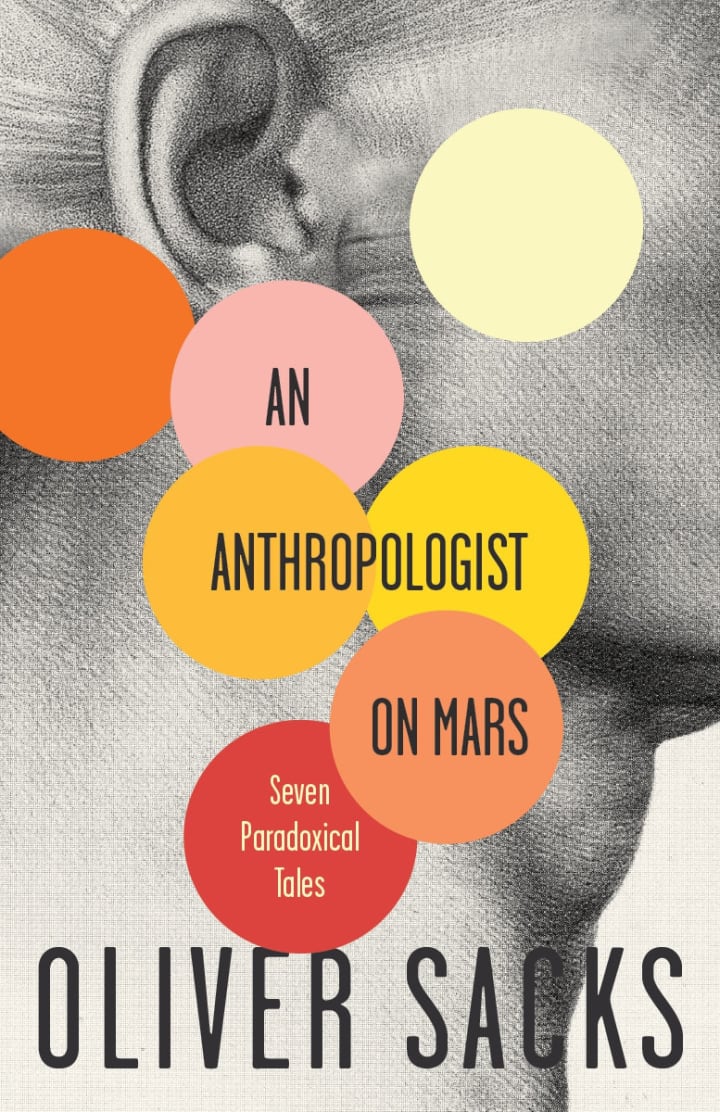
8. An Anthropologist on Mars by Oliver Sacks:
An Anthropologist on Mars introduces readers to seven fascinating individuals with unique neurological conditions. Oliver Sacks provides profound insights into their lives, offering glimpses into the complexities of perception, creativity, and selfhood. This book challenges our assumptions about normality and expands our understanding of the extraordinary diversity of human experiences.
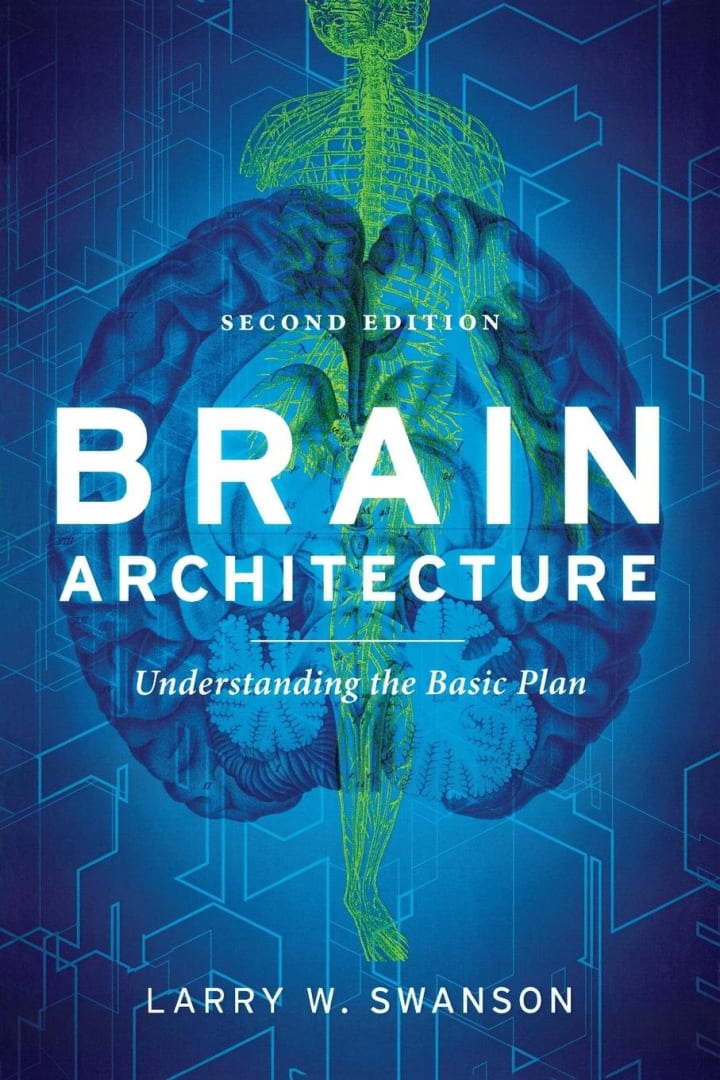
9. Brain Architecture: Understanding the Basic Plan by Larry Swanson:
Brain Architecture is a comprehensive guide that unravels the intricate structure and organization of the brain. Larry Swanson explores the basic plan of the brain, discussing its different regions, connectivity, and functions. This book provides a solid foundation for understanding the anatomical underpinnings of brain function and is an essential resource for aspiring neuroscientists.
Conclusion:
These nine neuroscience books recommended by Jordan Peterson provide a captivating glimpse into the complexities of the human brain. From perception and emotions to neurological disorders and brain architecture, these books offer a diverse range of topics that will deepen your understanding of neuroscience. Embark on this enlightening journey, immerse yourself in the captivating narratives and groundbreaking research, and expand your knowledge of the intricate workings of the brain. Whether you're a neuroscientist, student, or simply curious about the mysteries of the mind, these books are a must-read to satiate your intellectual curiosity and inspire further exploration in the field of neuroscience.
About the Creator
NovelNest Books
Book Recommendations





Comments
There are no comments for this story
Be the first to respond and start the conversation.